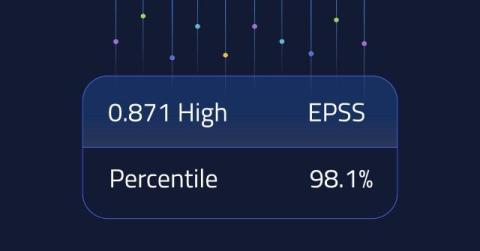Don't RegreSSH: An Anti-Pavlovian Approach to Celebrity Vulns
Before Crowdstrike caused the world to melt down for a few days, the talk of the security town was a recent OpenSSH vulnerability (CVE-2024-6387). Dubbed by its celebrity name regreSSHion, it is a Remote Code Execution vulnerability in some versions of OpenSSH discovered by the Qualys Threat Research Unit on July 1, 2024. Specifically, versions of OpenSSH compiled against the glibc library, which is to say “probably most of them”, were impacted.











